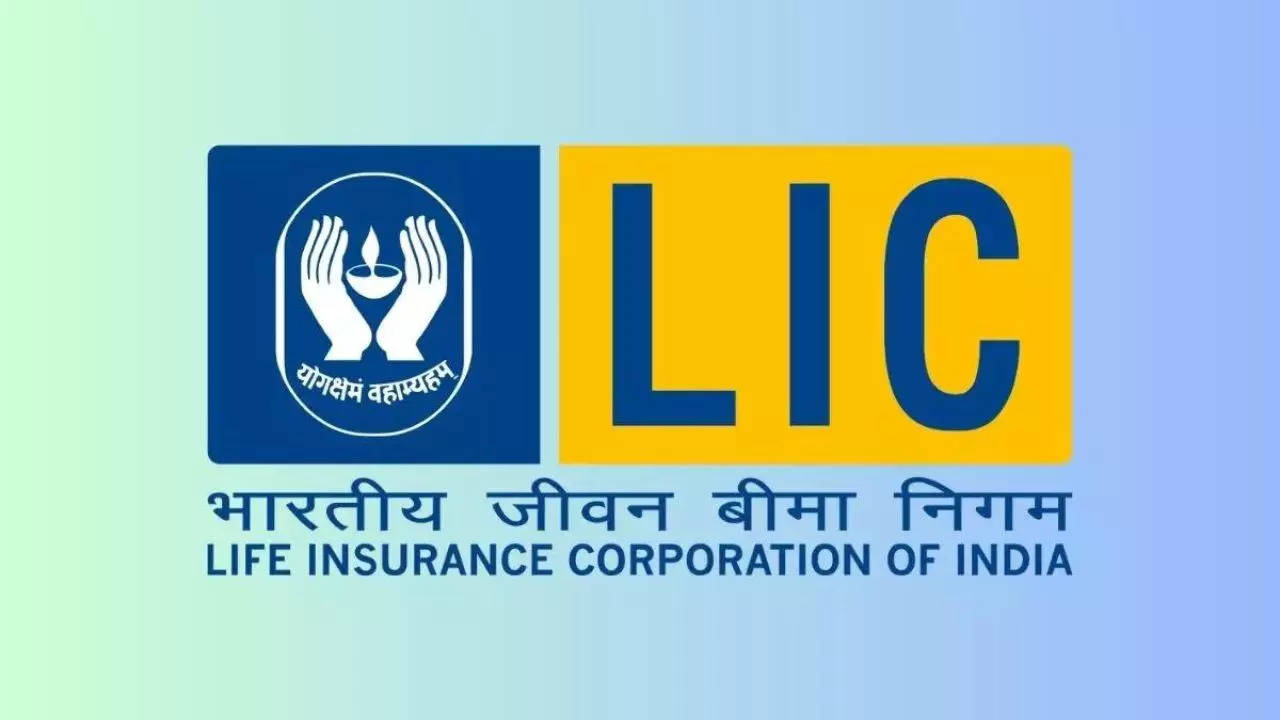In an effort to meet regulatory norms and boost market participation, the Department of Investment and Public Asset Management has appointed merchant bankers and legal advisers for minority stake sales in key government-backed financial institutions. This includes India’s largest insurer, Life Insurance Corporation of India, as well as several public sector banks and insurance companies.

The appointment will span three years, with merchant bankers responsible for identifying the right opportunities to offload small portions of the government’s holdings in these institutions. This move is aligned with broader reforms aimed at improving liquidity and increasing public participation in state-run companies.
DIPAM Secretary Arunish Chawla confirmed the development, emphasizing that the goal is to gradually reduce the government’s stake in LIC and selected public sector banks while complying with the minimum public shareholding norms set by the Securities and Exchange Board of India.
Back in May 2024, SEBI granted LIC a three-year extension, until May 2027, to raise its public shareholding to a minimum of 10 percent. This rule is mandatory for all listed companies, which are required to maintain at least 10 percent of their shares with public investors within two years of listing.
Currently, LIC’s public shareholding remains at just 3.5 percent. The government had sold that initial stake in May 2022 during LIC’s historic IPO, which helped raise over Rs 20,000 crore. However, since then, there has been no further divestment, leaving the insurer out of key benchmark indices like the Sensex and Nifty 50 due to its limited public float.

To gain eligibility for these indices, the government is expected to offload at least another 1.5 percent stake. Entry into these benchmark indices would potentially attract significant capital inflows from index funds and passive investors, thereby boosting liquidity and visibility for the LIC stock.
Apart from LIC, the government is also likely to pare down small portions of its stakes in up to five public sector banks. These steps aim to bring them closer to SEBI’s minimum public shareholding requirement while enhancing corporate governance and investor participation.
In parallel, DIPAM has also initiated a weekly capital management review of central public sector enterprises. This effort is focused on ensuring that CPSEs meet their capital expenditure targets and contribute to driving economic growth.
Public sector undertakings now account for approximately 15 percent of the total market capitalization of all listed companies in India. By unlocking further equity from PSUs and inviting private investors to participate, the government is looking to deepen capital markets and enhance financial inclusion.
To stay updated on public sector divestments, IPO news, and the financial markets, follow You Finance on Instagram and Facebook.














